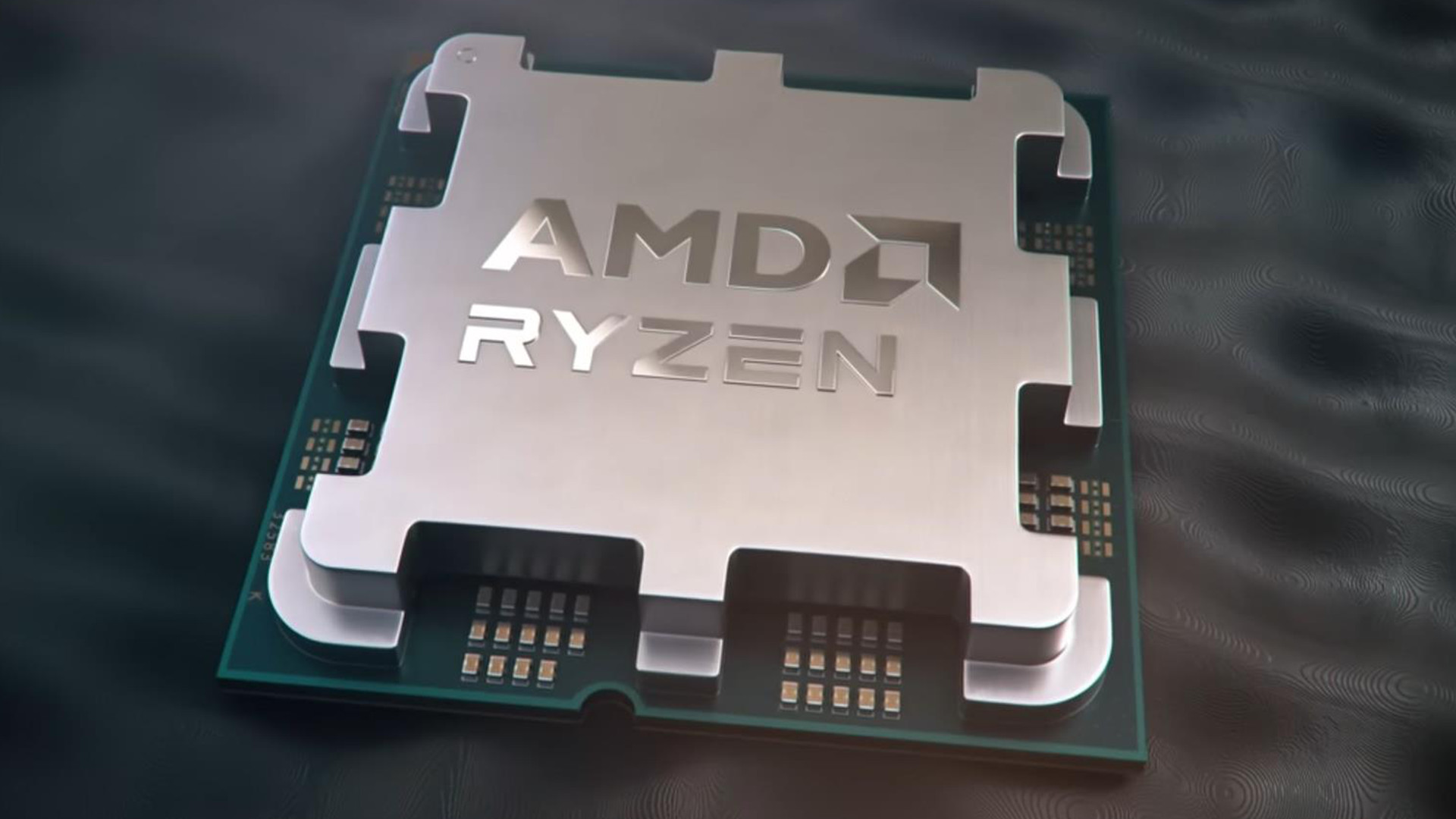
AMD's next-gen "Medusa" processor is shaping up to be a mighty big chip if recent rumors are to be believed, though it'll still be a very long time before we even get close to seeing it.
The forthcoming processor architecture, shared on X (formerly Twitter) by Olrak29, shows the CPU side of the processor featuring Zen 6 CPU cores and the iGPU side packing RDNA 5 GPU cores, skipping over RDNA 4 entirely in favor of the more advanced component.
Memes aside, Medusa has RDNA 5 iGPU, skipping RDNA 4 https://t.co/NBgY6tUenRFebruary 19, 2024
Obviously, we need to take any news or rumor this far out from a release (the earliest we can expect Medusa would be late 2025, early 2026) with a heap of salt, especially since we know very little about AMD's Zen 6. We aren't even fully clear what AMD Zen 5, which will power the Ryzen 8000-series processors expected to launch in the middle of 2024, will bring to the table once those chips launch, and that release is only months away. Predicting how things will shake out in two years is something of a stretch.
Still, as Wccftech notes, there are some things we can speculate around based on AMD's stated commitment to its AM5 platform through "2025+", among other things. AMD Medusa will likely be the last desktop processor for the AM5 platform, for one, and it is expected to feature 2.5D chip interconnect to reduce CPU bottlenecking, something that Intel has already integrated into its chips.
We don't know yet what process node Zen 6's 'Morpheus' CPU cores will be fabbed up, but they may go as far as 2nm for the CPU core architecture, which would make it one of the most advanced desktop processors on the market when it eventually lands sometime in 2025 or 2026.
AMD looks like it's investing in performance for Medusa
With the inclusion of RDNA 5 GPU cores (assuming the leak is legit), AMD seems to want to pack as much power into Medusa as it can.
It's long been reported that AMD's RDNA 4 graphics architecture won't push into the enthusiast segment, leaving that terrain to whatever Nvidia cooks up, and will instead stick with more mainstream and gaming segments for that generation.
But with RDNA 5 reportedly putting AMD back into contention across the entire stack, its possible inclusion in a mainstream Ryzen processor would save a lot of people from having to buy one of the best graphics cards to play their favorite PC games, especially at lower resolutions like 1080p and 1440p. Given the surprising strength of AMD's recent 8000G-series chips, these next-gen Zen 6 processors might be just what we need to help jumpstart the budget PC gaming scene again.

.jpg?w=600)





